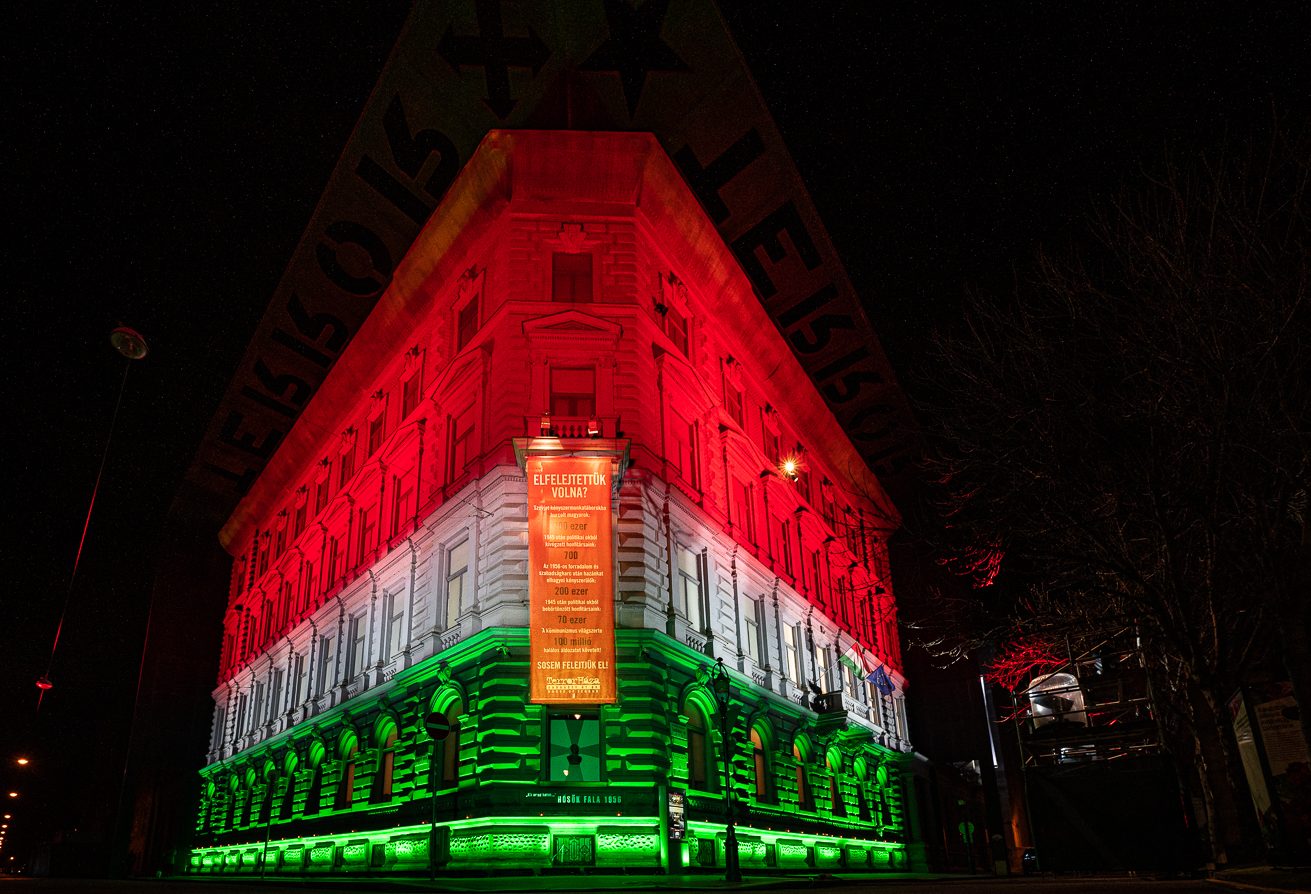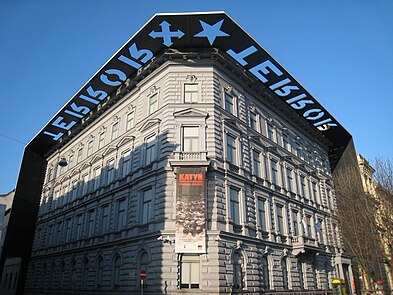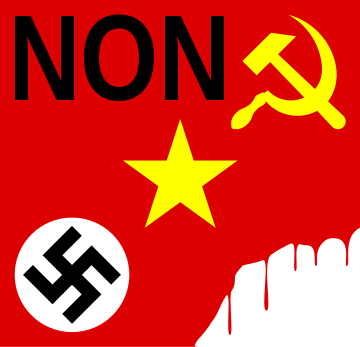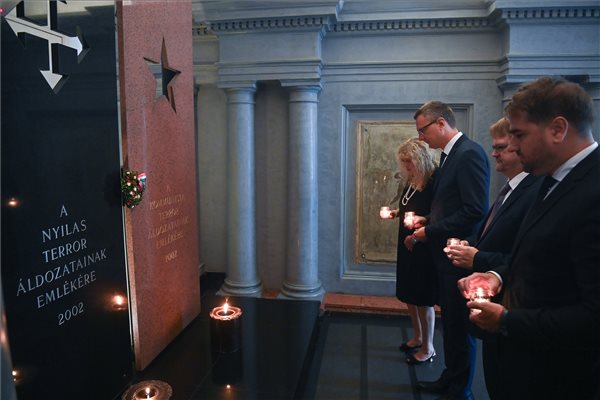
"The Museum was the first step in a process in which the post-communists lost their unlimited monopoly."Continue reading

It was on this day in 1939 that the Stalinist Soviet Union and Hitler’s Germany signed the Molotov-Ribbentrop Pact, a non-aggression pact that shocked the world. Since 2011, August 23 has been a day to commemorate the victims of totalitarian dictatorships.
Just before the outbreak of the Second World War, the Stalinist Soviet Union and Hitler’s Germany signed a non-aggression pact, after Joseph Stalin failed to negotiate with the Western powers on mutual security guarantees. The reconciliation suited the German Führer Adolf Hitler as well, who had decided to invade Poland and then Western Europe, and was able to carry out his aggression unhindered.
The document, signed in Moscow on August 23, 1939 by Soviet People’s Commissar for Foreign Affairs
Vyacheslav Molotov and German Foreign Minister Joachim von Ribbentrop in the presence of Stalin, entered into force immediately.
The Nazi Third Reich was destroyed in 1945, but communist dictatorships were established in the Soviet-allied countries of Eastern and Central Europe,
and continued in various forms of repression until the regime change in the early 1990s.

Symbols of totalitarian dictatorships. Photo via Wikipedia
Speaking at the international conference on Europe’s Conscience and Communism in Prague in June 2008, former Czech President Václav Havel said that Europe bears an extraordinary responsibility for Nazism and Communism, the two totalitarian regimes that have emerged on this continent.
MEPs from Hungary, Estonia, the UK, Germany, and Latvia proposed that
August 23, the day on which the Molotov-Ribbentrop Pact was signed, should be declared a day of remembrance for the victims of totalitarian regimes.
The European Parliament adopted a resolution on this in April 2009. On June 10, 2011, at their last meeting under the Hungarian EU Presidency, EU justice ministers adopted a joint resolution on the victims of totalitarian regimes, on the initiative of Poland, Hungary, and Lithuania.
The first commemoration was held in 2011.
At an EU-level governmental conference in Warsaw, the capital of Poland, the EU Presidency agreed to set up a multi-country network for research on totalitarian regimes. The agreement, signed at the platform’s inaugural meeting in Prague in October, was signed by 19 institutions from 13 countries, with Hungary represented by the House of Terror Museum.
️Since 2011, every year on August 23 we remember the innocent people who fell victim to national socialist and communist terror. Let’s light a candle today in honor of these heroes. pic.twitter.com/Ee9U4z9jL4
— Zoltan Kovacs (@zoltanspox) August 23, 2023
In 2012, the heads of European memory institutions signed a joint declaration in Budapest to establish a European museum dedicated to the workings and crimes of communist, National Socialist, and other totalitarian regimes. Recently, in Sfântu Gheorghe (Sepsiszentgyörgy) in Szeklerland (Romania), city officials and contractors signed an agreement for the construction of the Museum of Communism.
In 2019, on the Day of Remembrance, several European public service television stations presented short films initiated by the European Network of Remembrance and Solidarity based in Warsaw, recalling the fate of the victims of violence and persecution committed in the name of the European totalitarian regimes, one of which commemorated the youngest victim of the 1956 Hungarian Revolution, Péter Mansfeld.
This year’s commemoration ceremony was held at the House of Terror Museum, where Bence Rétvári, Parliamentary State Secretary of the Ministry of Interior, and Mária Schmidt, Director General of the museum, also gave speeches.

“…the memory of the victims demands clear, plain speech and uncompromising action against communism and Nazism,” said the director at today’s commemoration. MTI/Máthé Zoltán
Featured image via Wikipedia